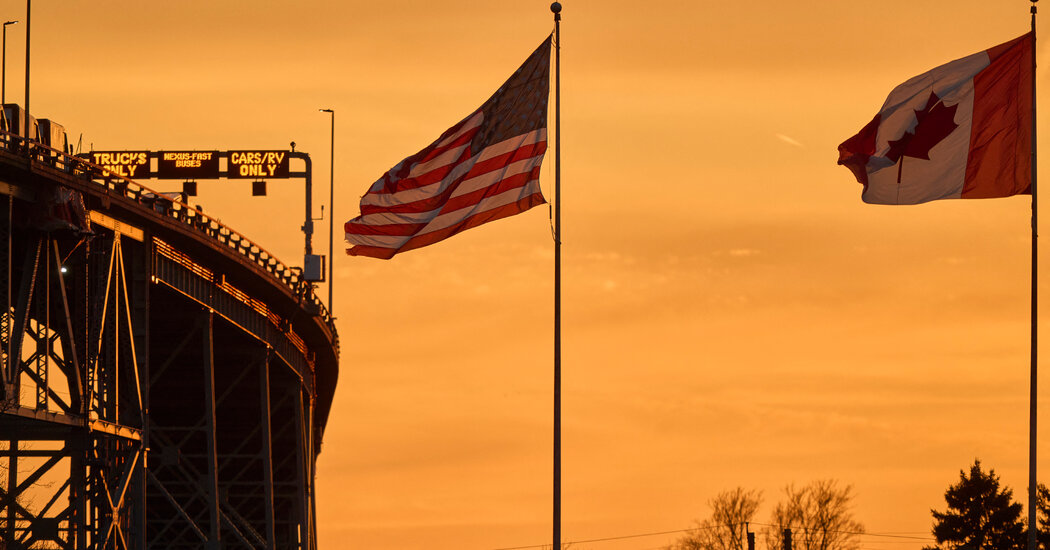It’s spring in Washington, D.C., the most beautiful time of the year. Dogwood, forsythia, cherry trees, tulips and daffodils decorate every sidewalk, wisterias weep from porch overhangs, and redbuds pop up at every corner. The air is redolent of blossoms, a soft breeze sharing their scent through the streets. It’s the perfect backdrop for the columned monuments and buildings that remind us of the miracle of our democracy. Spring is normally the happiest time of year here.
But not this spring.
This spring Washington is a city in crisis. Physically, emotionally, psychologically and spiritually. It’s as if the fragrant air were permeated with an invisible poison, as if we were silently choking on carbon monoxide. The emotion all around — palpable in the streets, the shops, the restaurants, in business offices, at dinner tables — is fear. People have gone from greeting each other with a grimace of anguish as they spout about the outrage of the day to a laugh to despair. It’s all so unbelievable that it’s hard to process, and it doesn’t stop.
Nobody feels safe. Nobody feels protected. This is a city where people seek and, if it all goes well for them, wield power. But today in Washington those who hold — or once held — the most power are often the most scared. It is not something they are used to feeling. I lived through the paranoia and vengefulness of Watergate. This time in Washington, it’s different. Nobody knows how this will end and what will happen to the country. What might happen to each of us.
Even those who work for President Trump are scared. The capricious and shambolic way he governed in his first 100 days has them all insecure in their jobs. Mike Waltz is out. Bets are on as to how long Marco Rubio will remain in all his roles and Pete Hegseth in his. Elon Musk is on his way out, though who knows whether he’ll be able to log back into the government’s most sensitive systems from wherever he is? Those most afraid are the Republicans on Capitol Hill. They are afraid of not just being primaried but also facing retribution. Lisa Murkowski said it out loud. “We are all afraid,” she said. “Retaliation is real. And that’s not right.”
And so the Republicans are so busy demonstrating their fealty to Mr. Trump that there’s no chance to have a conversation with anybody not also trying to do that. We aren’t even trying to get to know one another.
One night during Barack Obama’s second term, I sat next to Lindsey Graham at a Washington dinner party. He was, at that time, charming, funny, bright, thoughtful. Both of us were decrying the widening gap between Republicans and Democrats in our nation’s capital. I remember him turning to me and suggesting that we start having small dinner parties for Republicans and Democrats to get together and talk. I agreed immediately.




